Shutterstock
Behind each nice historic chief, there ought to’ve been a loyal canine carrying scrolls and perhaps chewing on the occasional enemy sandal. These canines weren’t simply clever and devoted—they’d the persona and braveness to match the gravity of world-shaping occasions. Some breeds would’ve provided muscle, and some may need offered comedian aid throughout lengthy campaigns or tense royal banquets. These breeds would have been the last word furry co-commanders for the likes of Julius Caesar, Cleopatra, and even Napoleon—if solely somebody had thought to deliver a leash to historical past class.
German Shepherd

Shutterstock
If Alexander the Nice wanted a reliable and extremely trainable battle buddy, the German Shepherd would have nailed the job. Recognized for his or her intelligence, self-discipline, and robust protecting instincts, this breed might’ve scouted enemy strains or stood guard on the normal’s tent with type. German Shepherds are fast learners and fiercely loyal—best qualities for serving alongside any legendary conqueror. They don’t simply observe orders; they anticipate them, which is precisely the type of strategic pondering any nice chief would admire.
Commonplace Poodle
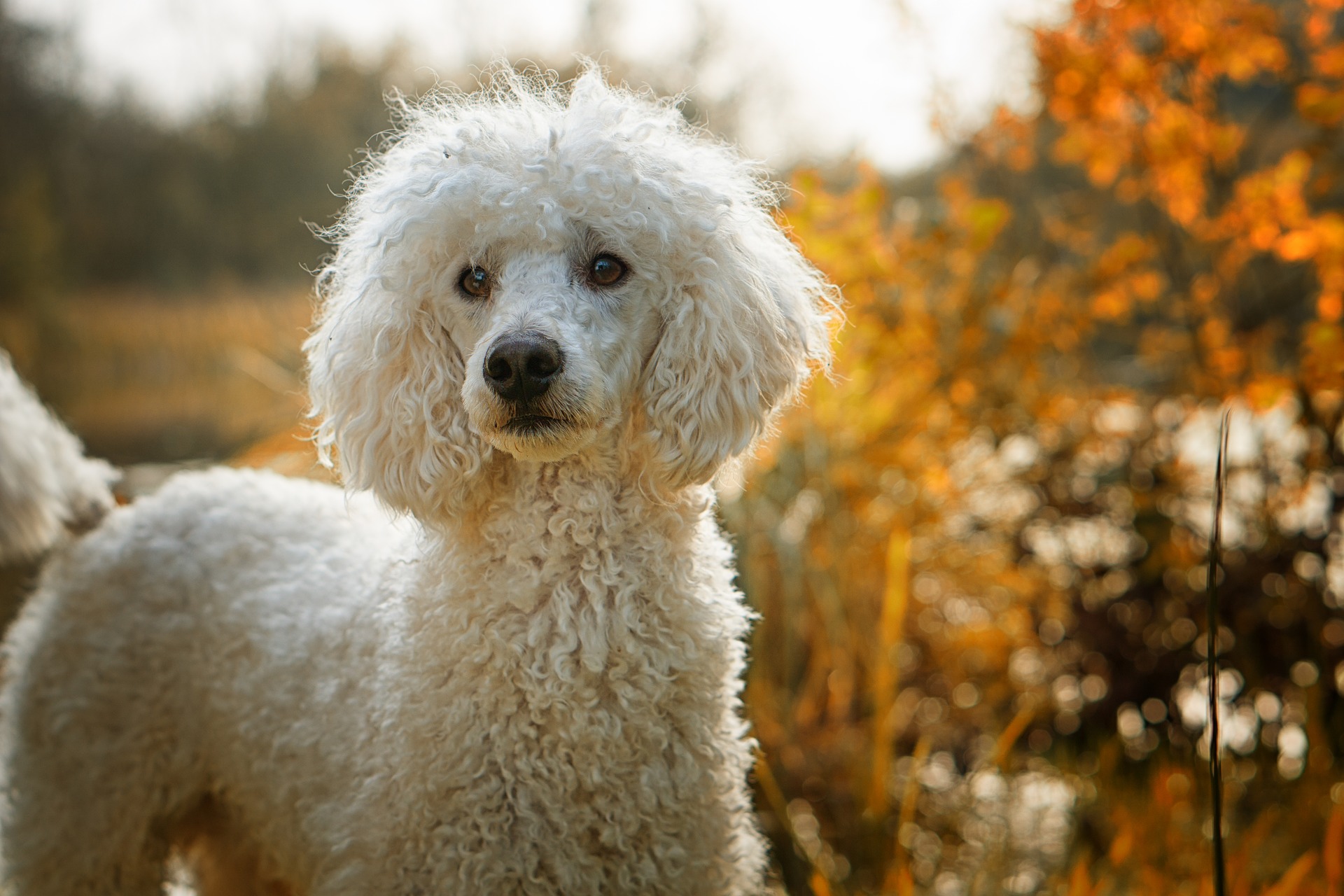
Shutterstock
Positive, they’re fashionable—however Commonplace Poodles had been bred for work and would’ve made the best sidekick for a frontrunner like Marie Antoinette or Leonardo da Vinci. With their sharp minds, athleticism, and eagerness to impress, Poodles might have helped draw battle maps or no less than reorganize wigs with type. Beneath that fluffy coat is a mind that thrives on problem and cooperation. This breed would’ve been successful in court docket and on the battlefield (with an identical outfit, naturally).
Rottweiler
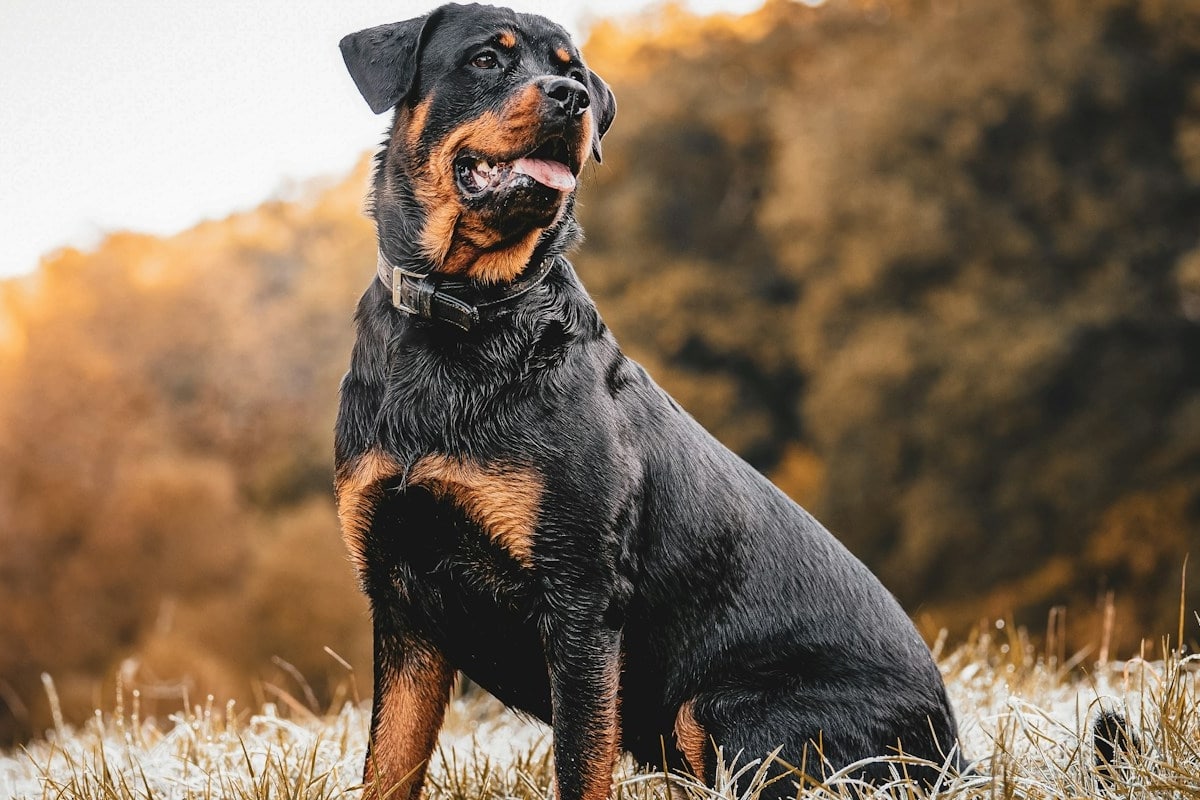
Shutterstock
If Julius Caesar wanted muscle at his facet, the Rottweiler would’ve marched with him all the best way to the Senate steps. Initially bred to herd and guard, Rottweilers have the type of stoic, watchful power that any emperor would discover reassuring. Calm underneath stress and fiercely protecting, this breed has all of the seriousness and power to face beside somebody making main political strikes. And let’s face it—nobody would’ve messed with Caesar if a Rottie was watching the perimeter.
Basenji
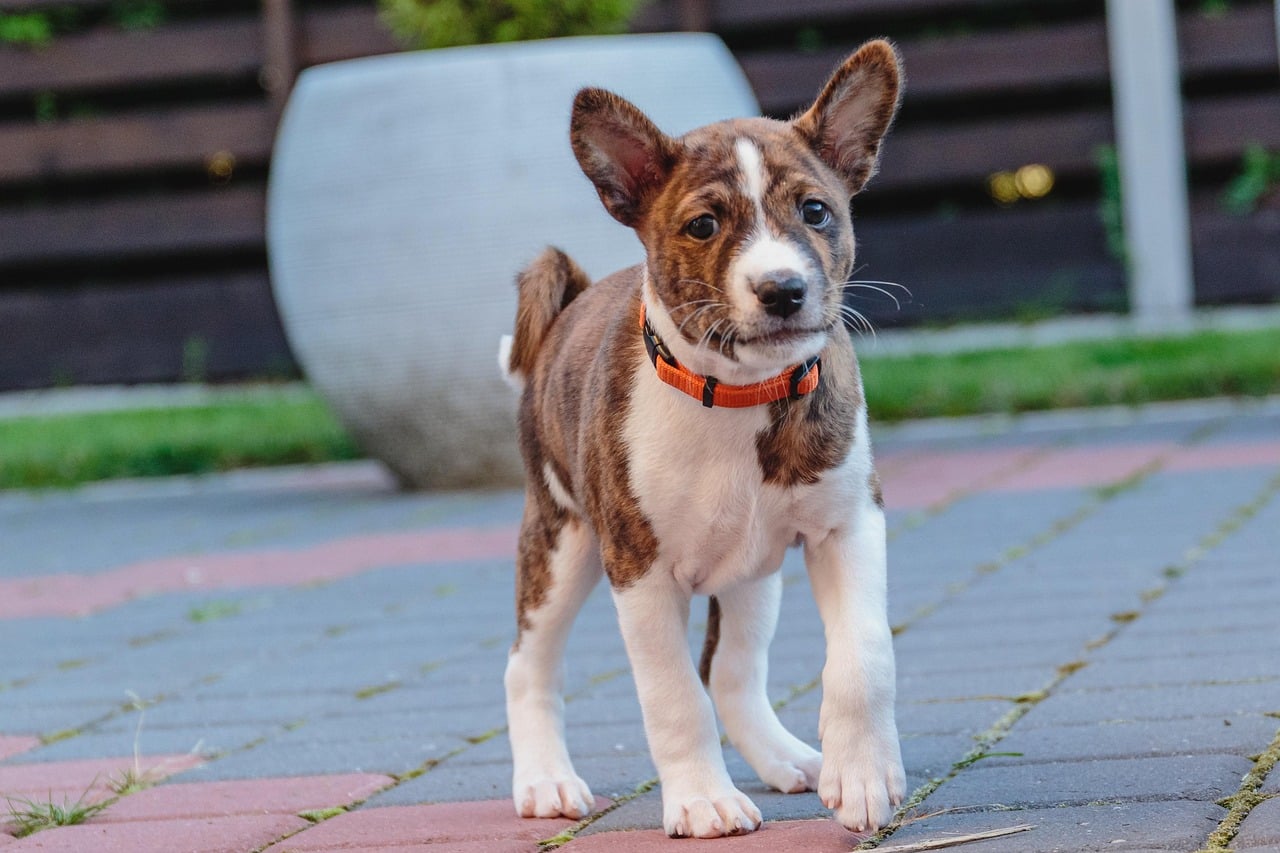
Shutterstock
For a quiet thinker like Socrates, the barkless Basenji would have been the right debate companion. Recognized for his or her independence, clear habits, and cat-like curiosity, Basenjis have an historic lineage and an uncanny manner of showing clever past their woofs. Their expressive faces and virtually mystical silence would’ve made them best companions throughout lengthy walks of introspection or whereas dodging one more hemlock social gathering invitation. Plus, they’re mysterious—similar to most philosophers’ solutions.
Tibetan Mastiff
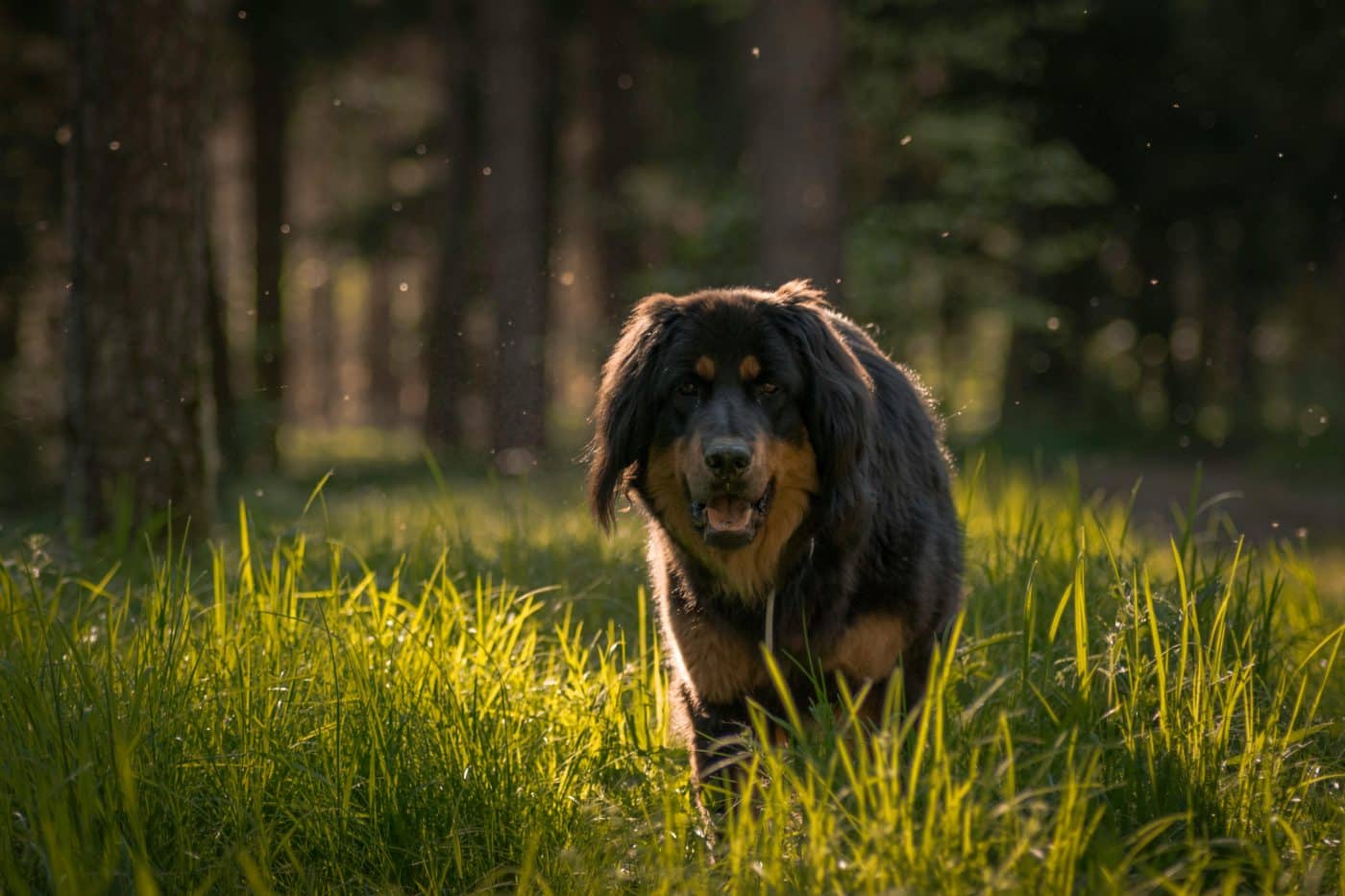
Shutterstock
Genghis Khan wanted a canine as daring and fierce as his empire—enter the Tibetan Mastiff. With their immense measurement, strong construct, and pure guarding instincts, these canines appear to be they had been sculpted from stone and magic. They’re not simply intimidating—they’re dedicated to their inside circle, which might’ve made them excellent for a nomadic warlord continuously on the transfer. And with all that fur, they’re constructed for journey throughout mountains, deserts, and palace rugs.
Shiba Inu
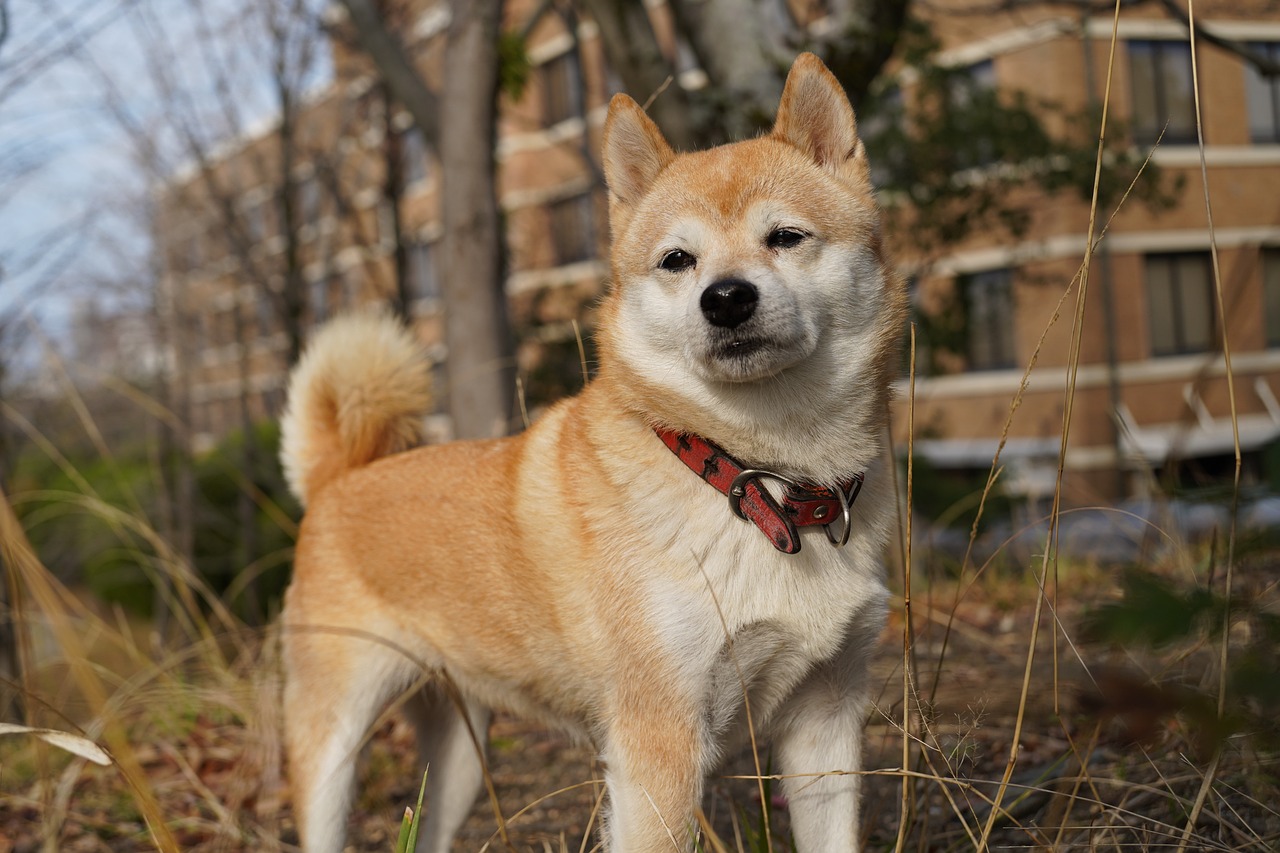
Shutterstock
For a shrewd strategist like Solar Tzu, the Shiba Inu would have made a crafty, independent-thinking ally. This breed could also be small, but it surely’s bought confidence, allure, and a “trust me, I’ve got this” perspective that rivals most generals. Shibas are notoriously daring and unbothered, which might pair superbly with a frontrunner who understands the artwork of subtlety and persistence. Plus, who higher to meditate with than a canine that’s half fox, half Zen grasp?
Nice Pyrenees
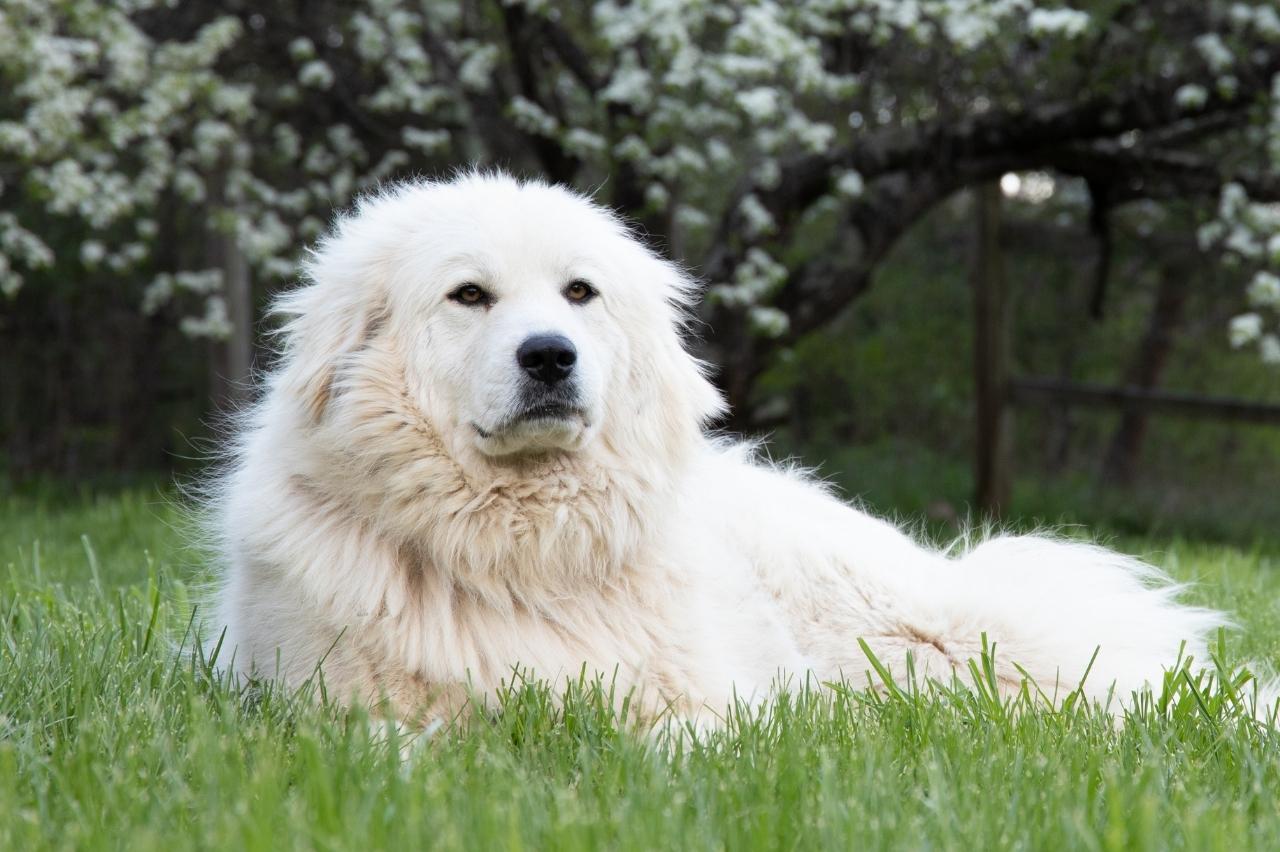
Shutterstock
Think about Queen Elizabeth I striding by way of her backyard in full regal aptitude, flanked by the Nice Pyrenees. These canines radiate dignity and calm, making them the best companions for monarchs who worth grace underneath stress. Bred to protect livestock, they’ve bought persistence, power, and a gentle disposition that instructions respect. In addition they occur to appear to be they had been sculpted for royal oil work—fluffy, noble, and completely majestic.
Belgian Malinois

Shutterstock
If Napoleon Bonaparte wanted a fast-thinking, agile assistant, the Belgian Malinois would have been his proper paw. These canines are lightning fast and sharp as a saber, making them pure picks for high-stakes technique. Utilized in fashionable navy work, they’re courageous, targeted, and ridiculously trainable. You’ll be able to virtually image a Malinois leaping throughout rooftops to ship top-secret plans—or no less than a baguette—with lethal precision.
Bloodhound
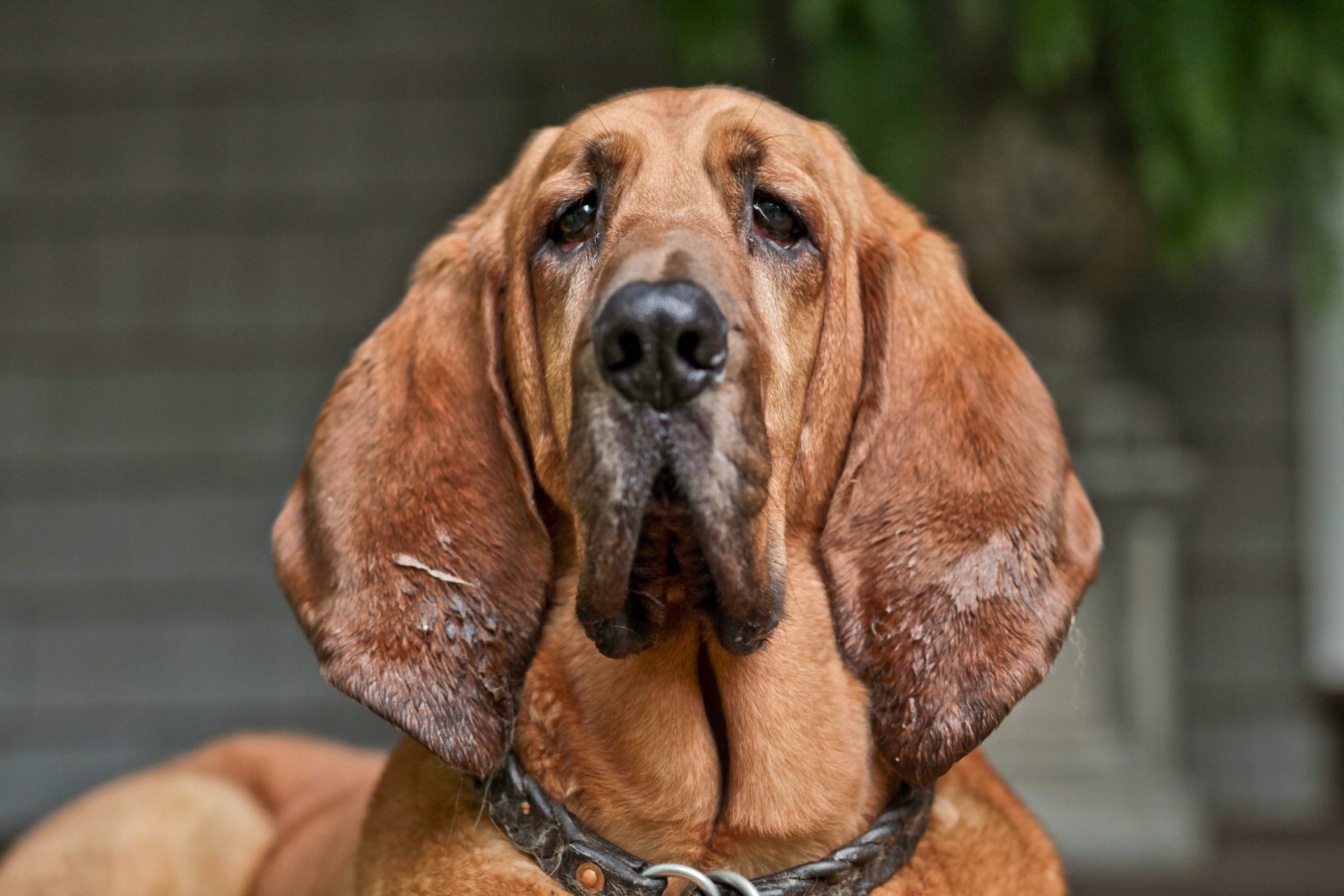
Shutterstock
Sherlock Holmes will not be a historic chief (technically), but when he had been, the Bloodhound would have been his final sidekick. With their unmatched sense of scent and decided monitoring capability, these canines would’ve helped any chief sniff out plots, enemies, or lacking royal heirlooms. Their droopy faces cover a relentless work ethic and a present for sniffing out the reality—excellent for kings who didn’t belief anybody however their canines.
The Historical past Books Forgot To Point out The Actual MVPs

MidJourney
It seems that what each nice historic determine really wanted wasn’t only a crown, a throne, or a killer technique—it was a loyal pup by their facet. These breeds might’ve softened hardened hearts, sniffed out conspiracies, and provided silent assist in the course of the messiest of political scandals. That they had the braveness for the battlefield, the allure for the royal court docket, and the intuition to know when somebody was being shady. Overlook the scrolls and scepters—essentially the most progressive leaders would’ve simply adopted the wagging tail.







